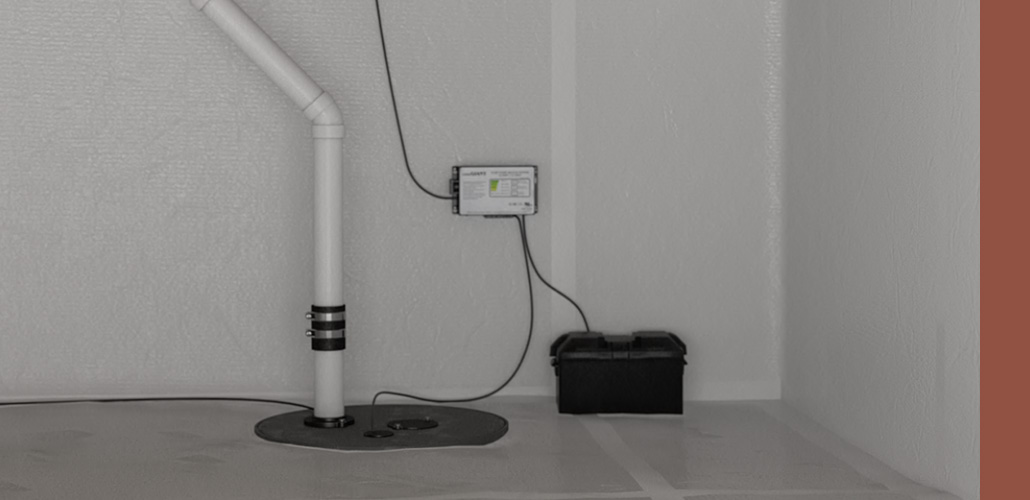Comprehending the Key Components of Effective Water Filtration Equipments

Significance of Water Filtering Systems
Water filtration systems play a vital duty in ensuring access to tidy and secure alcohol consumption water by properly getting rid of pollutants and pollutants. These systems are necessary in dealing with the expanding concerns over water quality and the prospective health and wellness dangers related to taking in contaminated water. By using various filtration devices such as reverse osmosis, activated carbon, and UV sanitation, water filtering systems can effectively remove harmful substances like germs, viruses, hefty steels, and chemicals from the water system.
Furthermore, water filtering systems help to improve the preference and smell of water by getting rid of chlorine, debris, and other pollutants that can affect its top quality. Water Filtration Systems. This enhancement in water quality not just makes it a lot more palatable yet additionally motivates individuals to consume alcohol an appropriate quantity of water daily, promoting far better hydration and general health
Kinds Of Filtration Elements

Physical filters are designed to physically strain out impurities from the water. These filters can be made from products like ceramic, carbon, and even sand, and they work by trapping fragments larger than the filter's pores as water passes via.
Chemical filters make use of different chemical procedures to eliminate pollutants from the water. Instances consist of turned on carbon filters, which adsorb contaminations, and reverse osmosis membranes, which make use of stress to different pollutants from the water.
Biological filters use living organisms like germs or algae to break down raw material and pollutants in the water. These filters are commonly used in wastewater treatment plants or all-natural water purification systems.
Recognizing the different sorts of filtering elements is vital for selecting the most ideal water filtration system for specific purification demands.
Feature of Debris Filters
Sediment filters play a vital function in water purification systems by effectively recording solid particles put on hold in the water. These filters are normally the first line of protection in a purification system, getting rid of larger fragments such as sand, silt, dirt, and corrosion prior to the water moves via finer filtration phases. By trapping these debris, the filters stop them from reaching downstream parts, therefore expanding the life expectancy and efficiency of the entire system.
The feature of sediment filters is vital in preserving water high quality and safeguarding Home Page sensitive equipment from damages triggered by debris. In addition, by eliminating visible bits, sediment filters boost the clarity and preference of the water. Regularly cleaning or changing debris filters is vital to ensure optimum efficiency. Ignoring this upkeep can cause blocking, minimized water flow, and jeopardized filtration efficiency. In general, debris filters are indispensable components that contribute substantially to the efficiency of water purification systems.
Duty of Turned On Carbon Filters
Playing a crucial duty in water filtering systems, triggered carbon filters contribute in removing contaminations and pollutants from the water system. These filters are developed to adsorb and catch a wide variety of contaminants, including chlorine, volatile natural compounds (VOCs), pesticides, and herbicides. The turned on carbon product has a big area, allowing for the efficient capturing of contaminants through a procedure called adsorption. As water goes through the filter, the turned on carbon holds and attracts onto the impurities, guaranteeing that the water that appears on the other side is cleaner and more secure for consumption.
Turned on carbon filters are very reliable at enhancing the taste and odor of water by decreasing chemicals that can impact its high quality. They are likewise with the ability of getting rid of particular heavy metals like lead and mercury. Additionally, these filters can aid prevent the accumulation of germs and algae in water, further improving its general high quality. Due to their flexibility and integrity, turned on carbon filters are an essential component in making certain that water is cleansed to the highest standards before getting to consumers.
Recognizing Reverse Osmosis Equipments
Reverse osmosis systems are advanced water purification systems that utilize an advanced process to get rid of pollutants and contaminations from alcohol consumption water. These systems work by using stress to the water, forcing it through a semi-permeable membrane layer.
One key benefit of reverse osmosis systems is their ability to remove a vast variety of contaminants, including hefty metals, dissolved germs, solids, and viruses. This makes them very reliable in enhancing the read here overall quality and safety of alcohol consumption water. In addition, reverse osmosis systems are relatively low-maintenance and can be set up under the sink or in a central purification system, giving practical accessibility to tidy water throughout the house. Generally, understanding just how reverse osmosis systems work can assist people make informed decisions concerning their water filtering requirements.
Final Thought
In verdict, reliable water filtering systems are important for making sure clean and risk-free alcohol consumption water. By understanding the feature and function of each element, individuals can make enlightened decisions when selecting a water filtration system.
Water purification systems play a crucial duty in making certain access to safe and clean alcohol consumption water by effectively getting rid of impurities and pollutants. By utilizing numerous filtering devices such as reverse osmosis, turned on carbon, and UV sanitation, water filtration systems can efficiently get rid of damaging compounds like microorganisms, infections, heavy steels, and chemicals from the water supply.
Sediment filters play a critical function in water filtering systems by efficiently capturing strong fragments suspended in the water (Water Softeners).Playing an essential duty in water filtering systems, triggered carbon filters are instrumental in getting rid of pollutants and contaminants from the water supply.Reverse osmosis learn this here now systems are advanced water filtering systems that utilize a sophisticated process to remove contaminants and impurities from drinking water